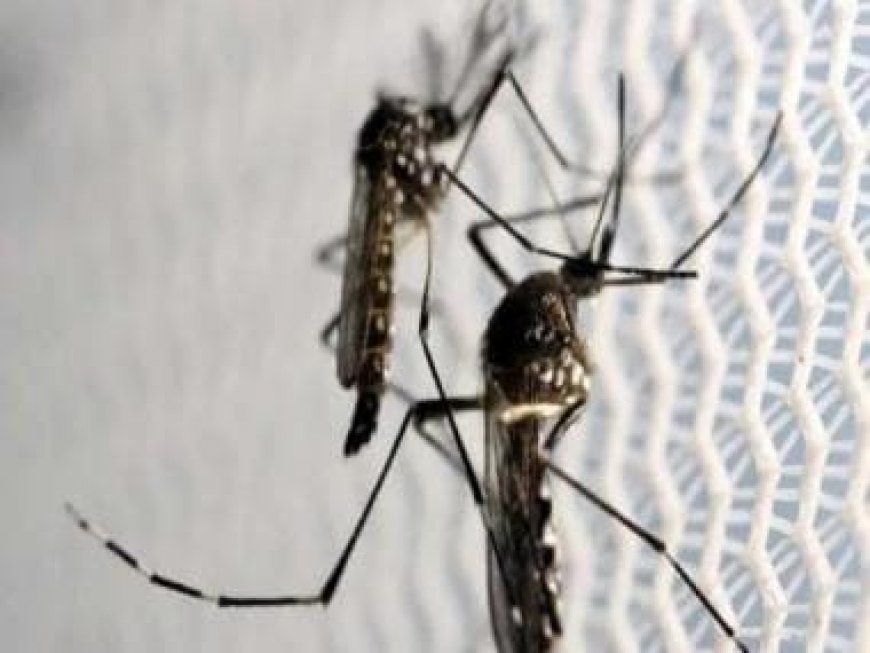Indonesians not happy with new mosquitoes killing old mosquitoes
Indonesians not happy with new mosquitoes killing old mosquitoes

A proposal to release 200 million genetically modified mosquitoes in Indonesia as a strategy to combat dengue fever has encountered resistance from both locals and experts in Bali.
Critics argue that the pilot study in Yogyakarta, upon which the plan is based, lacks the robustness necessary to justify the introduction of this new mosquito species.
The initiative, involving Aedes aegypti mosquitoes carrying the Wolbachia bacteria, was set to launch in mid-November in Bali. However, Indonesia’s Ministry of Health has decided to indefinitely postpone the program, stating, “We are currently discussing with the Bali Provincial Government to temporarily delay the release of [Wolbachia-carrying mosquitoes] and conduct further public dissemination until the community is prepared,” according to ministry spokeswoman Siti Nadia Tarmizi.
In addition to Bali, the program was slated to cover Semarang, Bandung, Jakarta in Java, and Kupang in East Nusa Tenggara. The mosquitoes were to be injected with Wolbachia bacteria, known for inhibiting the growth of viruses like dengue fever, Zika, and yellow fever, ultimately reducing their transmission to humans.
While a study by the Centre for Tropical Medicine at Gajah Mada University reported a 77.1% reduction in dengue incidence in Wolbachia-treated communities, critics in Indonesia argue that the Yogyakarta study, based on a sample of 4,500 people, is insufficient.
Michael Northcott, a professor emeritus of ethics, expressed concerns about the limited scope of the study and called for a larger-scale replication before proceeding in Bali.
Indonesian scientist Richard Claproth emphasized the need for a national risk assessment to safeguard against potential side effects, cautioning that unforeseen consequences could lead to social unrest and legal action.
Epidemiologist Pandu Riono from Universitas Indonesia suggested that part of the resistance stems from inadequate public communication and community engagement. Despite ethical, health, and legal concerns, the program has encountered limited awareness among the local population in Bali.
Bali-based lawyer Yulius Benyamin Seran raised legal questions, asserting that the state should conduct comprehensive lab tests involving experts to ensure the safety of the mosquitoes before release. In his opinion, a thorough review is essential to prevent potential new threats.
The controversy highlights the complex intersection of scientific innovation, public perception, and regulatory scrutiny in addressing health challenges.
What's Your Reaction?


























































